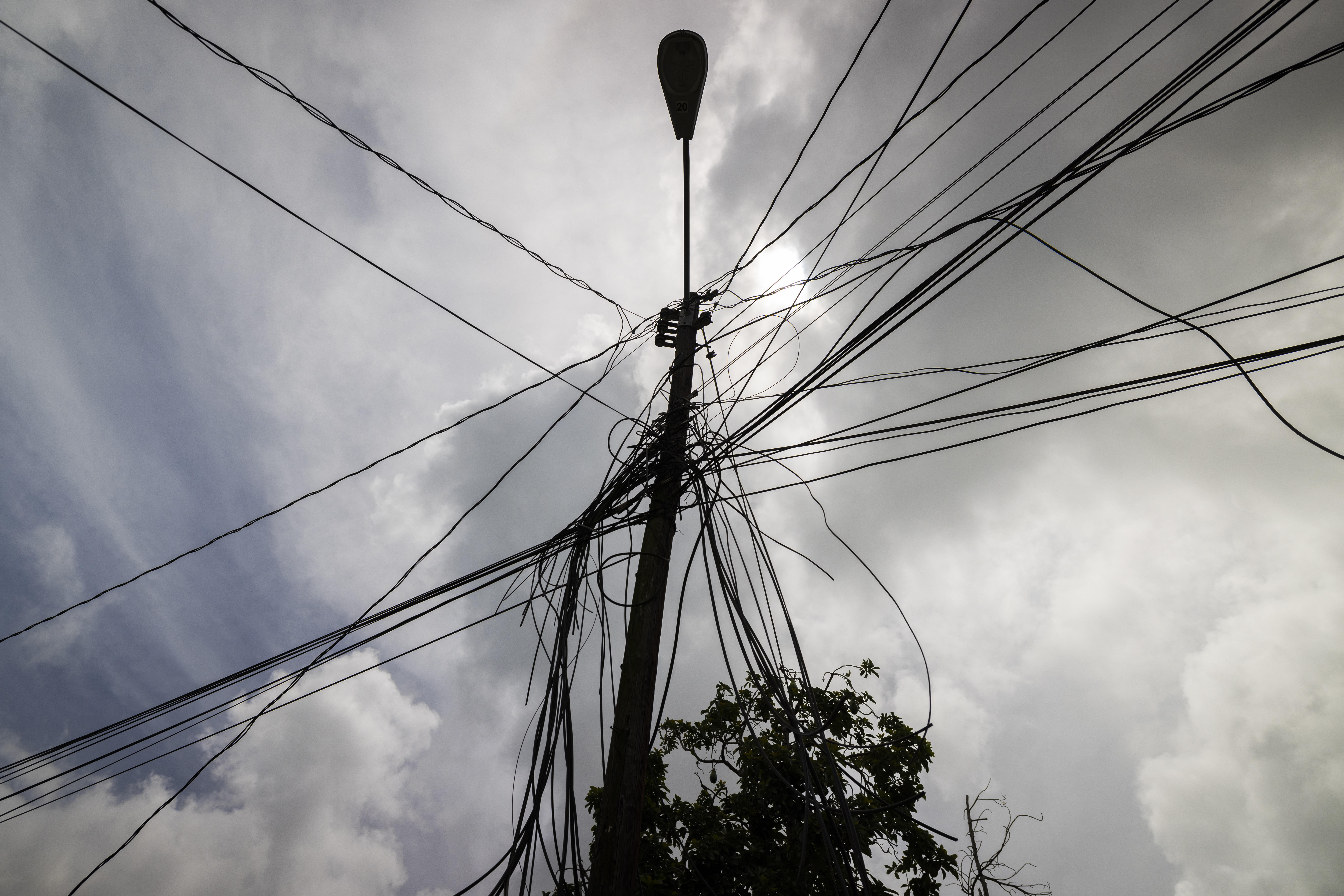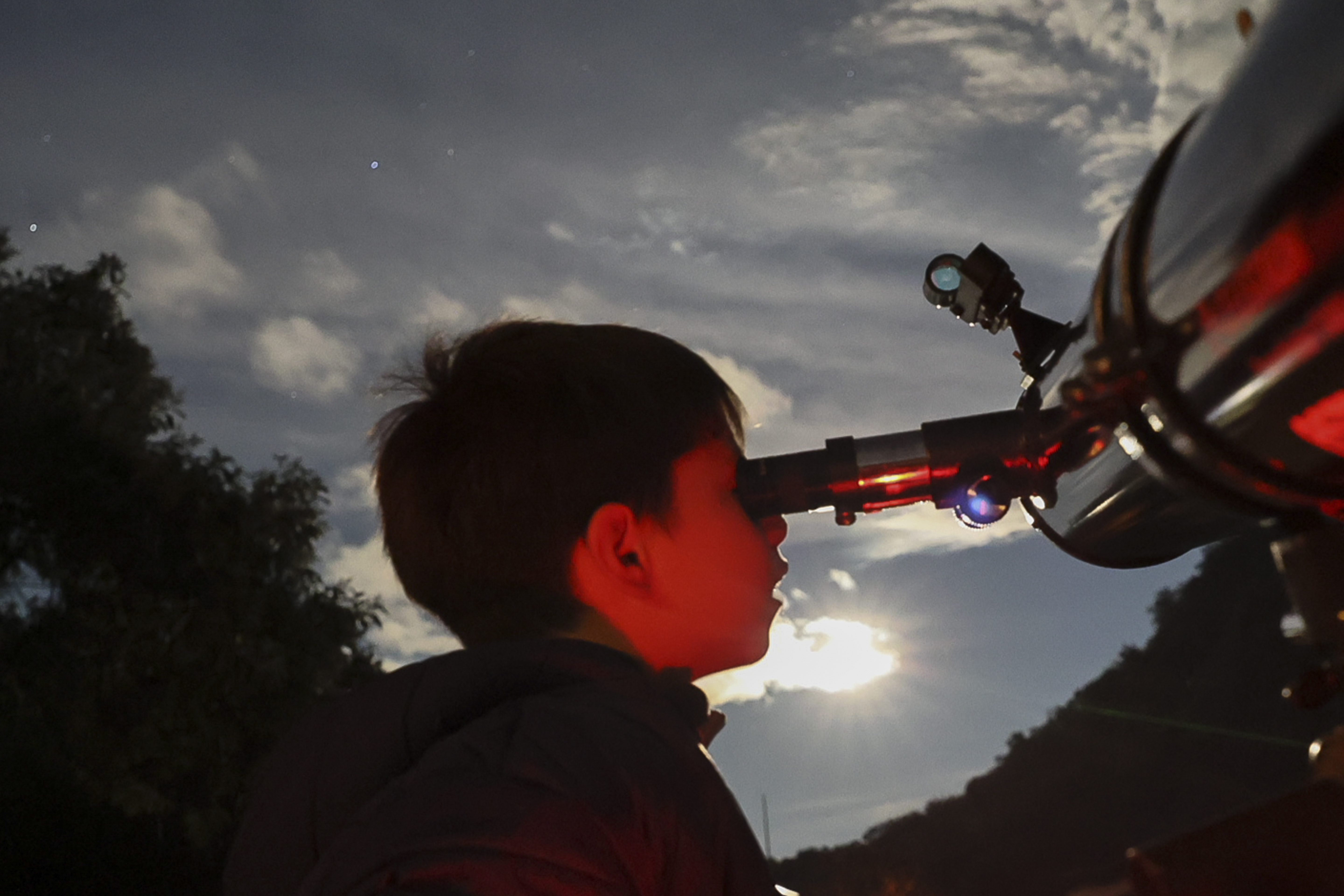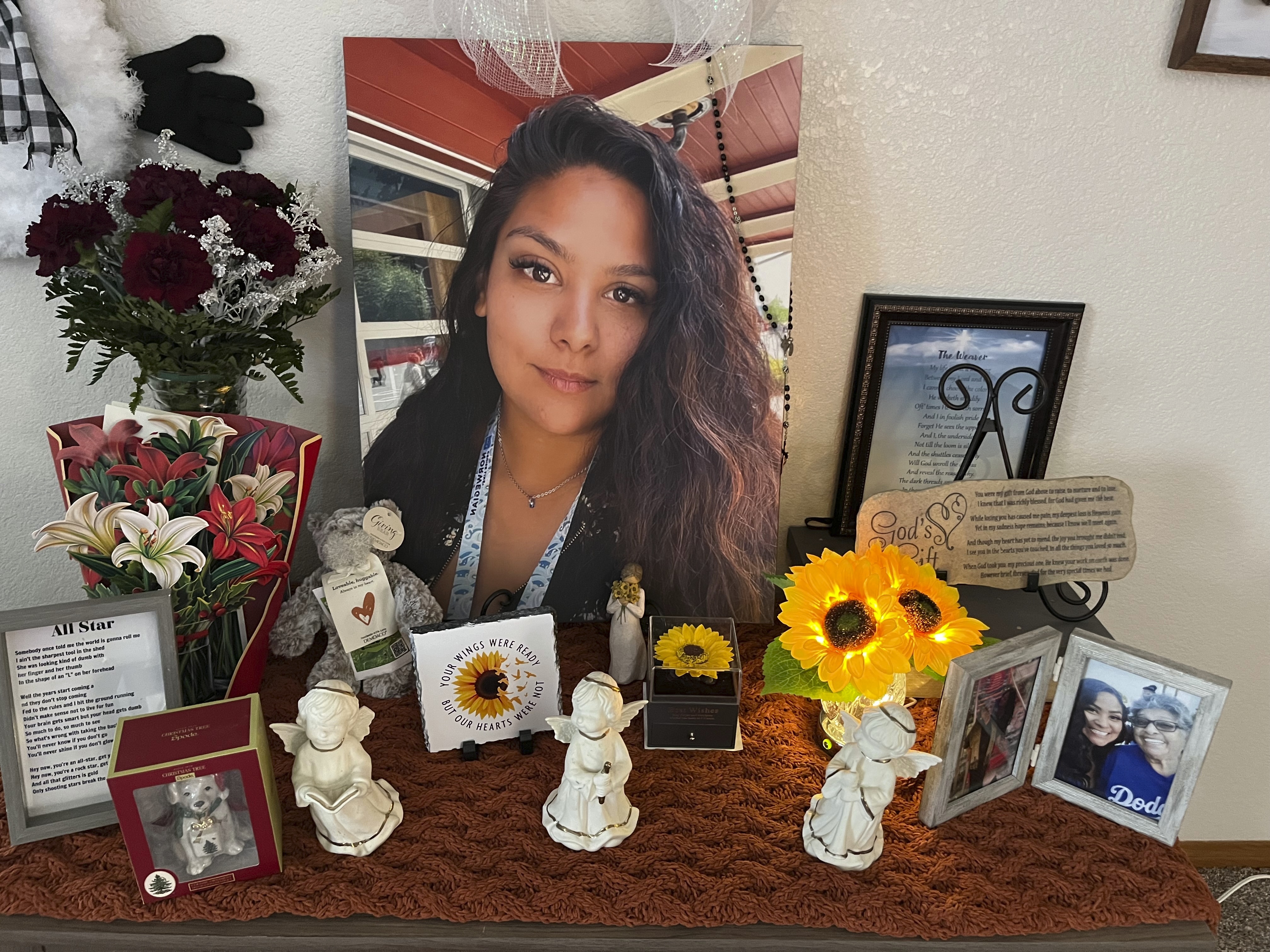OKLAHOMA CITY (KFOR) – The U.S. Geological Survey has a morbid request: they want you to mail in deceased butterflies, moths, and skippers if you live in one of six states.
According to the USGS, the pilot program hopes to collect specimens that can help “identify contaminants and environmental factors which may be contributing to the decline of insect populations.” said USGS.
“There are some questions that can’t effectively be answered without help from a lot of people. It’s what makes citizen science so special and valuable,” said Julie Dietze, USGS scientist-in-charge of the effort. “Collections like this one are important because they have the potential to provide scientists now, and 20 years from now, access to specimens.”
“Citizen scientists” have been submitting their butterflies, moths, and skippers since April, but based on how many specimens have been received, collections may continue through November 2024.
The USGS is hoping to collect these dead insects to establish a Lepidoptera Research Collection and all the specimens collected will be added to the USGS Research Scientific Collections database.
If you live in Alabama, Georgia, Kansas, Nebraska, Oklahoma, or Texas, you can participate in the USGS’s pilot program. These states were selected because they’re relatively close the migration pathway of Monarch butterflies, their proximity to the Corn Belt, and the number of Confined Animal Feeding Operations.
Before you run out to catch butterflies for submission, USGS says it will only accept insects that are already dead that have not been collected alive. The insect must also be larger than two inches.
Additionally, species that are protected by the U.S.’s Endangered Species Act or by state law are not accepted. Within the six participating states, that includes only the Mitchell’s satyr Butterfly, which is found in Alabama.
Once you’ve found your dead bug, the USGS recommends putting it in a resealable plastic bag. Insects that are damaged or not fully intact will be accepted, and bugs can be put into the same bags. If you aren’t able to ship your bugs within three days, you can freeze them.
Specimens should then be placed into a sealed envelope addressed to:
USGS LRC
1217 Biltmore Drive
Lawrence, KS 66049
You do not need to include a return address.
Species that are mailed in will be evaluated for the occurrence of antibiotics, pesticides, hormones, and mycotoxins, according to USGS.
Officials say the ‘dead’-line is November 1, 2023.



























